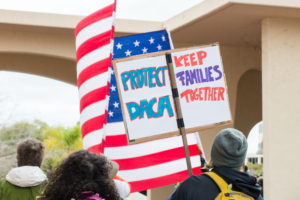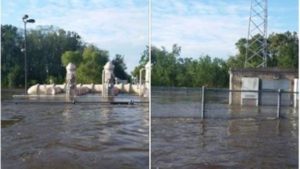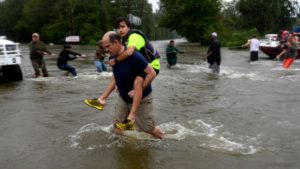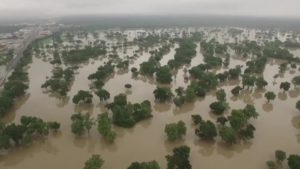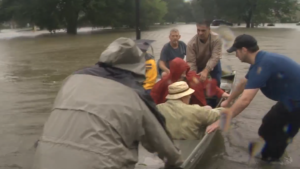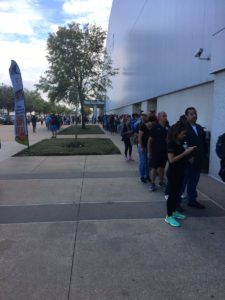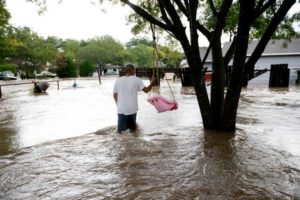Americans very well could learn quite soon whether Donald Trump’s display of compassion and good will along the Texas Gulf Coast was a mere show or whether it reveals a side of him few of his believe existed.
That revelation could occur when the president decides whether to repeal the Deferred Action for Childhood Arrival provision.
DACA has become a kind of shorthand for immigration reform.
My hope is that the president — having visited Houston, Corpus Christi and Rockport — understands this point: Many of those families affected by Hurricane Harvey’s devastation involve DACA residents, individuals who were brought to this country illegally while they were children.
I should add, too, that DACA residents helped build those devastated neighborhoods along the Gulf Coast and are going to help repair them.
These Americans had no say in what their parents did. They have grown up in this country, which is the only country they have known. Rescinding DACA status for these individuals would send them back to the country of their birth — and would deprive them of the only life they have experienced.
Against that backdrop, we know that many DACA families are suffering in cities such as Houston, which has a huge population of residents comprising those who came here as youngsters.
This isn’t entirely about the Texas Gulf Coast suffering. It’s also about whether the president is going to continue to appeal to his Republican Party “base,” which detests DACA provisions; the “base” wants DACA residents booted out, no matter the circumstance.
Donald Trump has a serious choice to make: keep pleasing the “base” or finally — finally! — reach out to millions of Americans who do not favor repealing DACA status for American residents.
It’s not an “amnesty,” as candidate Trump called it during the 2016 campaign. DACA provides a path toward citizenship or permanent legal residence.
Which side of the president will present itself when he announces his DACA decision? Time will tell. I’m hoping the “better angels” have seized Donald Trump’s attention.
